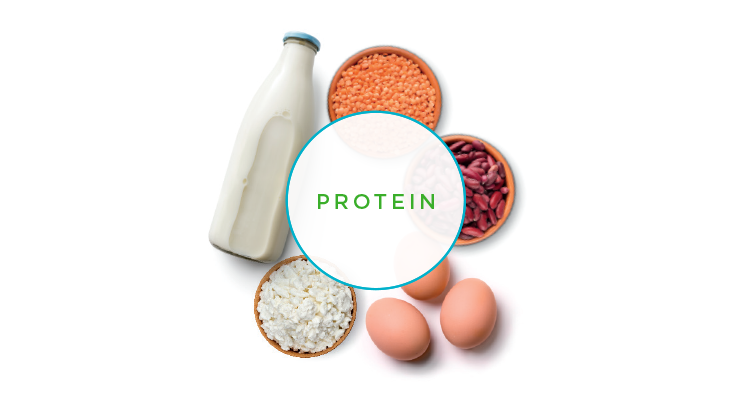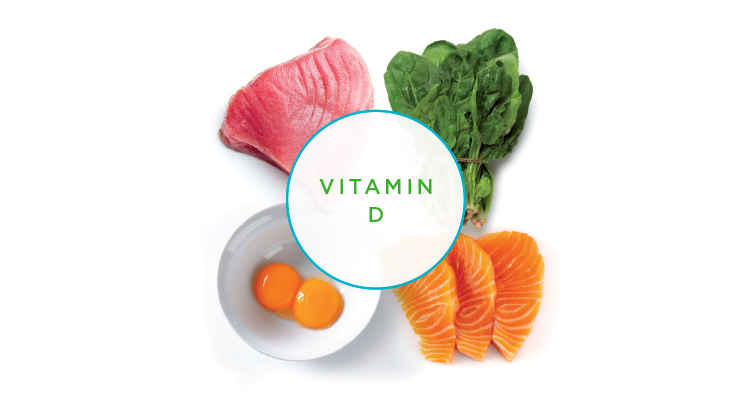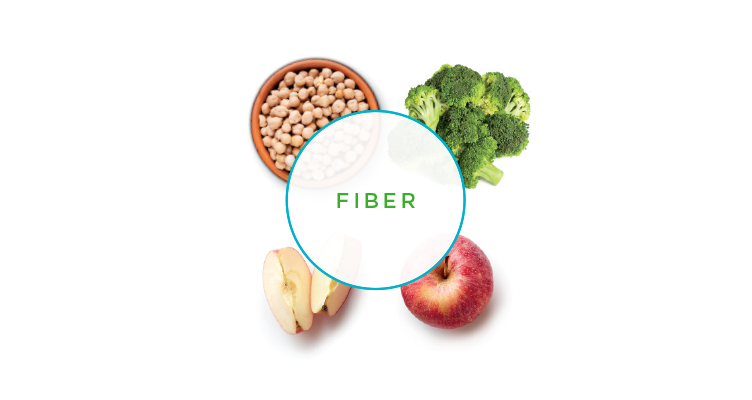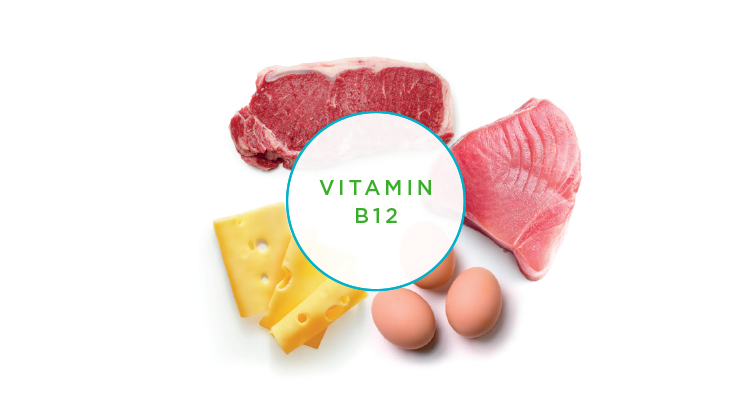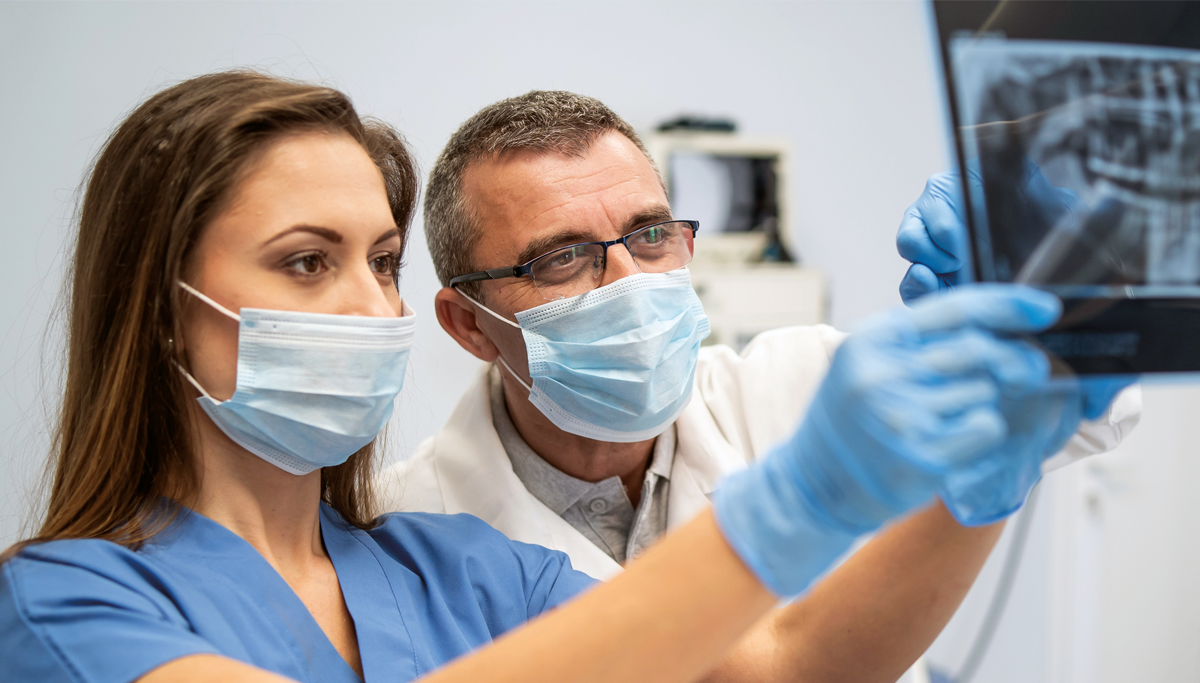No two people are the same, but many of us do share common experiences as we get older.
Maintaining oral health as you age
Your body and how you care for yourself will continue to change as you get older. Some of these changes you may expect like needing to stretch more or use reading glasses. Others are less well known, like the way your nutritional needs can evolve over time or how medication may influence your day-to-day life.
Fewer calories, more nutrients
Calorie needs vary from person to person based on factors like size, activity level, and other health needs. You will also need fewer calories as you age because you’ll have less muscle mass and reduced metabolism. But the foods you do eat should be nutrient rich.
Weakened teeth and gums
As you age, your gums may recede, tooth enamel can wear down, and you are more likely to experience dry mouth. All of these changes can make you more vulnerable to bacteria, cavities, gum disease, and other oral health issues.
Aging and nutritional needs
Protein helps combat age-related muscle loss. In addition to lean meat, eggs, and dairy products like cottage cheese and low-fat milk, protein can be found in beans, peas, and lentils.
Vitamin D helps your body absorb calcium, which keeps your bones and tooth enamel strong. It can be found in egg yolks, salmon, and tuna.
Fiber helps aid digestions, which slows down alongside your metabolism as you age. It can also help with issues like high cholesterol and high blood sugar.
If you’re concerned about not consuming enough of the right vitamins and minerals, speak with your physician about your diet and daily nutrition.
Reducing side effects of medication
Older adults take more medications, which means they are more likely to experience adverse reactions to prescription medication. This may influence diet, appetite, and oral health. Medication side effects can include dry mouth — which contributes to bad breath and tooth decay — or feeling disoriented, which could cause you to miss a meal or forget to brush your teeth.
How to avoid complications
Listen to the experts
Always take medication as prescribed by your dentist, physician, or any other medical professional you see. Reach out to them if you experience any persistent side effects.
Keep a list
Mixing otherwise safe medications can create unexpected issues. Keep a list of all the medications you take, including over-the-counter medicines, vitamins, and supplements. Any health expert you see can use this list to help you avoid mixing medicines that don’t interact well.
Eat right, feel right, and age healthier
We all face changes to our oral health and overall well-being as we get older, but a little extra care with your diet and medication can help you take control, combat those issues, and make the most of your golden years.







